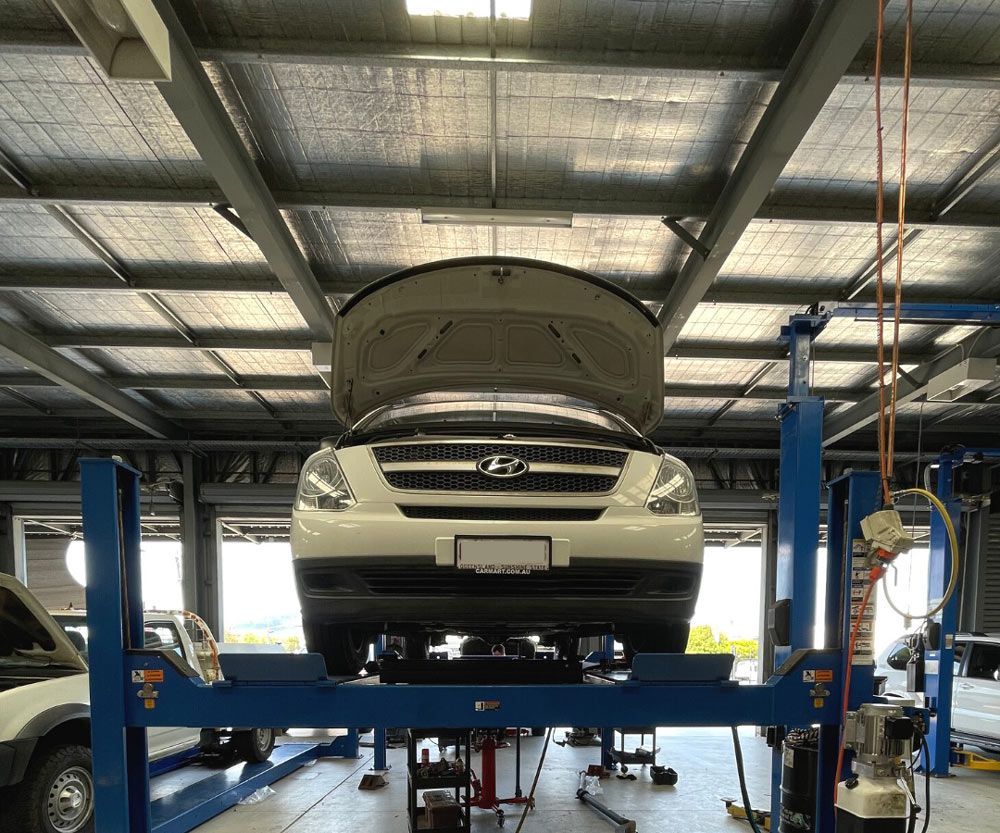Efficient Fuel Management: Resolving Fleet Owners’ Costly Challenge
Fuel management is not merely a matter of topping up the tanks; it’s an intricate system that requires a comprehensive understanding and proficient control. It is one of the most important aspects of fleet management and it brings about a series of challenges for fleet owners across the globe. In today’s competitive market, ensuring fuel efficiency is not just about saving money—it’s about staying ahead. This is why a strategic, systematic approach to fuel management has never been more necessary.
The Importance Of Streamlining Fuel Management
Financial Savings
First and foremost, it brings about notable financial savings. Fuel represents one of the most considerable operating expenses for any fleet, often accounting for as much as 30% of a fleet’s total operating costs. By adopting efficient fuel management strategies, businesses can significantly reduce these expenses, directly boosting their profitability.
Operational Efficiency
Beyond savings, streamlined fuel management also contributes to improved operational efficiency. An optimised system reduces the resources spent on managing fuel—from procurement and storage to tracking consumption and auditing expenses. This frees up more time and energy to focus on
core business activities, resulting in better productivity and enhanced service delivery.
Environmental Responsibility
In our modern era, the environmental impact of business operations is a significant concern. The transport sector is a major contributor to global carbon emissions and as such, improving fuel efficiency is not just good for the bottom line—it’s vital for the planet. Streamlined fuel management can drastically lower a fleet’s carbon footprint, supporting efforts towards climate change mitigation and showing a company’s commitment to sustainability.
Solutions For Streamlining Fuel Management
There are several key strategies that fleet owners can employ to streamline fuel management and optimise efficiency:
Implementing Fuel Management Systems
Fuel Management Systems (FMS) are technological solutions that monitor and control fuel consumption within a fleet. An effective FMS can identify anomalies in fuel consumption, pinpoint areas where fuel is being wasted and provide actionable insights to enhance efficiency. It ensures accuracy in fuel tracking, eliminating discrepancies and potential fraud, thereby ensuring cost savings.
Regular Maintenance And Driver Training
Regular vehicle maintenance is fundamental to maintain optimal fuel efficiency. A well-serviced vehicle consumes less fuel, reduces unexpected breakdowns and extends the vehicle’s lifespan. Coupled with this, driver behaviour significantly impacts fuel consumption. Providing regular training for drivers on efficient driving techniques—such as maintaining steady speeds, avoiding aggressive acceleration and reducing idling time—can help lower fuel usage.
Use Of Telematics And Fleet Management Software
The integration of telematics and fleet management software offers another layer of control and efficiency in fuel management. Telematics provides real-time data on vehicle performance, driver behaviour and fuel usage, empowering fleet managers with the information they need to make data-driven decisions. Meanwhile, fleet management software can automate many tasks related to fuel management, such as tracking fuel purchases and consumption, thereby reducing the time and effort required to manage these processes manually.
Take Control Of Your Fleet's Fuel Management With MB Automotive
Are you ready to transform your approach to fuel management? At MB Automotive, we offer bespoke solutions to streamline your fuel management processes, empowering you to take control, reduce costs and boost operational efficiency.

























